By Celia Bernhardt and Charlie Finnerty | news@queensledger.com

Wendy Li. Credit: Charlie Finnerty
For many Queens voters, surrogate’s court judge elections might be easy to miss. In contrast to flashy city council campaigns and mayoral races, surrogate court candidates are restricted from speaking openly about political issues or directly soliciting donations. This year, New York City Civil Court Judge Wendy Li has made the race more interesting than ever with eye-catching fundraising numbers and a promise to challenge Queen Democratic Party politics.
The surrogate’s court judge oversees estate proceedings to ensure the assets and property of deceased New Yorkers are distributed and managed properly in accordance with the law. These cases can often include custody decisions of dependents and children of the deceased. Whoever assumes the judgeship not only handles the individual cases relevant to the court, but also appoints lawyers and is responsible for the management of the offices of the court. Lawyers can secure huge payoffs processing estate cases — which is part of why the surrogate seat has historically been a hotbed of political patronage.
Li — running as a Democrat against the Queen Democratic Party’s favored candidate — argues that she’s the right pick for those who want to change that.
Li is a graduate of several elite universities with a background in international finance law. She first obtained a law degree from China’s prestigious Peking University before receiving a scholarship to move to the US and continue her studies at Southern Methodist University at age 28; following that, she studied at Oxford. Li worked at multiple big law firms from then on, including Squire Patton Boggs and Greenberg Traurig.
“I did lots of international work, I did lots of finance work, and I did trust work for the legacy families of the United States,” Li explained.
Judicial campaigns are, by state law, placed under higher scrutiny than the average political campaign. Among other restrictions, candidates are held to a higher standard of truthfulness in how they represent themselves, cannot endorse candidates in other races, cannot appeal to specific political policy preferences and — crucially — cannot directly solicit donations or even know the identity of donors. A team of fundraisers manages the campaign’s finance in the candidate’s stead.
Li’s campaign has seen very strong financial support, nearing $200,000 in donations, which she attributes to strong support from Asian communities in Queens.
“Right now, because we got a lot of support from Chinese communities, most of our fundraiser activities right now have been in the Chinese community. It’s mostly the friends, families, community members,” Li said.
Li’s opponent, backed by powerful House Democrat Gregory Meeks, is Supreme Court Judge Cassandra Johnson. Johnson’s fundraising haul is unclear as of now due to the timing around disclosure requirements, but she’ll be able to transfer $13,938 from a previous campaign.
Li frames herself as someone who can shake up the typical functioning of the Queens Democratic party machine.
“Queens is due for something new,” she said. “So that’s why people are coming out to support the good cause.”
At the core of Li’s campaign is a promise to make the court more accessible to Queens’ diverse communities by ensuring the court’s officers include bilingual attorneys and translators.
“For me, I think it’s important that our panels are actually from all communities, not just from one community. That means we will have attorneys who might be able to speak multiple languages,” Li said. “The diversity of the attorneys, especially the diversity of the language, is very important. I want to make our bench and our attorney panel more inclusive.”
Li has attended at least two community board meetings to introduce herself thus far. At a January CB1 meeting, she was at first dissuaded from speaking by the board’s chair due to rules that prohibit campaigning at meetings, but continued on with the explanation that she was there to encourage bilingual community members to apply for court translator positions. She also attended a May CB5 meeting, where she spoke about the purpose of the surrogate court and said she aims to reduce case backlog if elected.
Li said she feels that the surrogate court’s ability to appoint attorneys based on merit has been compromised by a tendency towards political patronage
“When I’m elected, I will open the attorneys panel to all communities,” Li said. “It’s based on the qualifications, not the political connection.”
An April Politico article threw the significance of Li and Johnson’s competition into sharp relief, highlighting the power that surrogate judges have and the role of the bench in Queens Democratic Party internal politics. Li winning the seat as an outsider to the party leadership would disrupt the party’s hold on a crucial tool of political power brokerage.
“The Queens County Democratic Organization would continue to exist if they lost the surrogate race — but it would be a shell of itself,” former congressman Anthony Weiner told Politico.
Li embraced this characterization of the race.
“There was a quote in the Politico article that this race — when I win the race — we will mark the end of an era of New York City machine politics. I think it’s true,” she said. “I think the surrogate’s court judge is by the people and for the people. The surrogate’s court should work for the benefit of the people.”
This race is not the first time Li’s candidacy has put her at odds with party leadership. During her 2018 Civil Court race, Li claims she was told by party leaders that she would not be a suitable candidate, in part because of her accent as an Asian immigrant.
“They said that I’m not supposed to run, I speak English with an accent, I was not born in the United States. ‘It’s not your turn, you’re not supposed to run,’” Li said. “It’s a democratic society. The individual should be given the opportunity to run.”
The Queens Eagle recently reported that Li’s name appeared on certain ballot petitions alongside that of Hiram Monseratte, a district leader running to fill the seat of longtime Assemblymember Jeffrion Aubry who announced his retirement this year. Monseratte was expelled from his State Senate seat in 2009 after being convicted of a misdemeanor assault charge and later served time in prison for federal corruption charges. Monseratte, positioned as an outsider, is running against Aubry’s pick for the seat, Larinda Hooks. Li acknowledged that one of her campaign consultants appeared to be helping Monseratte’s campaign, but said she had no direct affiliation with Monseratte.
“I do work with a political consultant who also, I believe, is helping Hiram,” Li told the Queens Ledger.
Still, Li seemed to express some alignment with the embattled district leader. When asked what she thought of Monseratte, Li said that “everyone deserves an opportunity to run for the position they want to.”
“Like the Politico article says, when people have choices, everybody wins,” Li said — referring to a quote from Monseratte himself in that article.





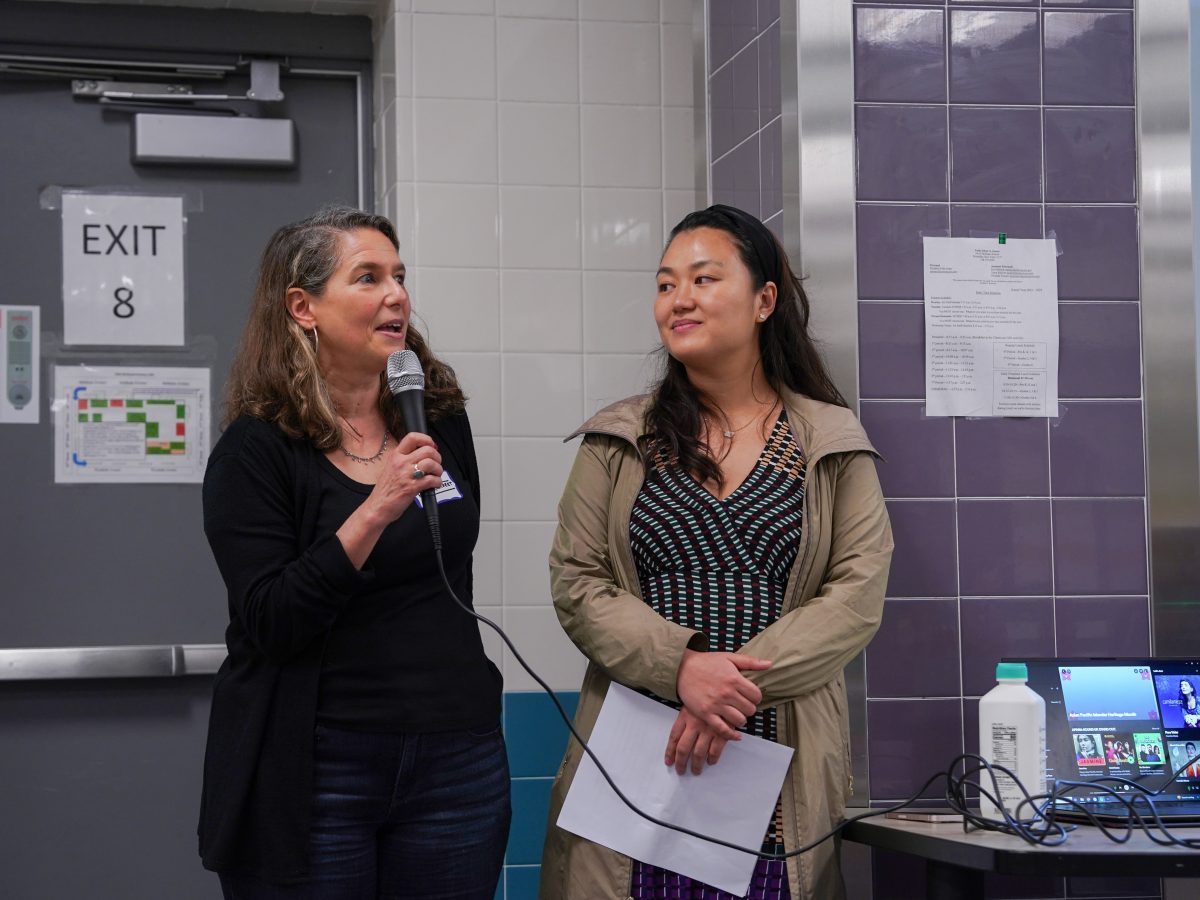
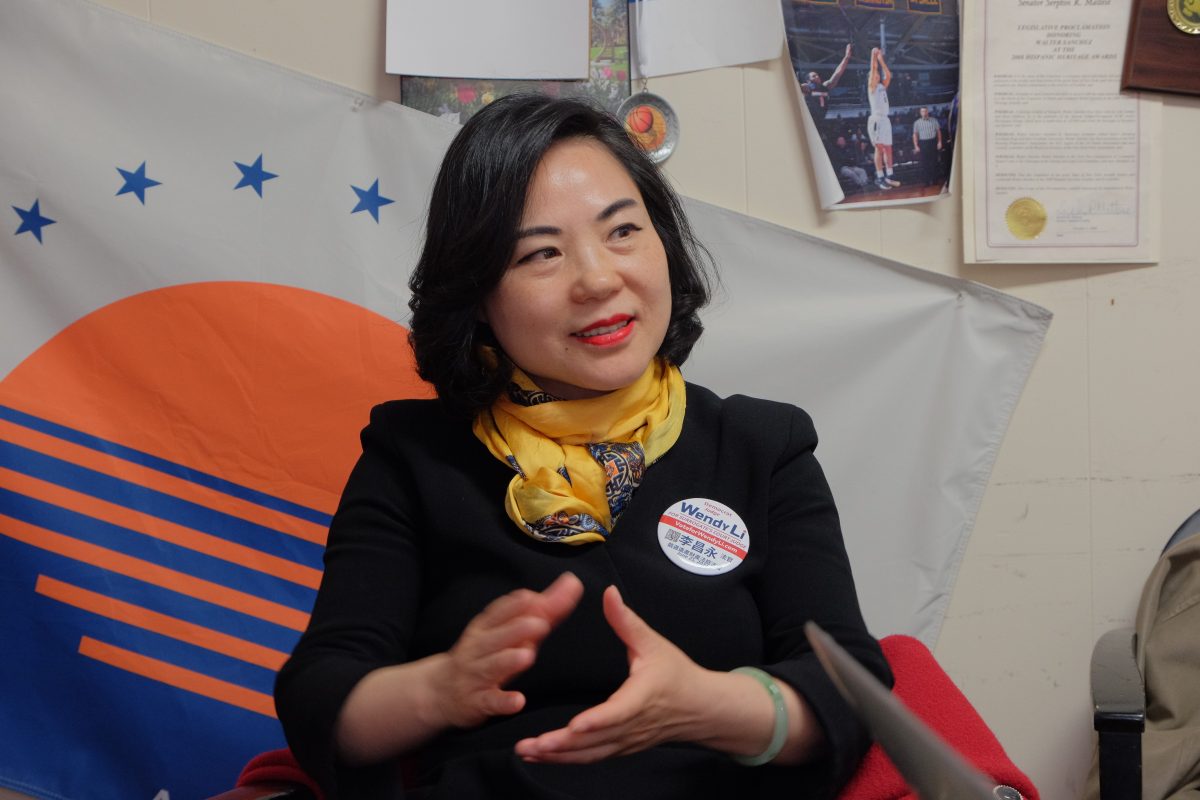

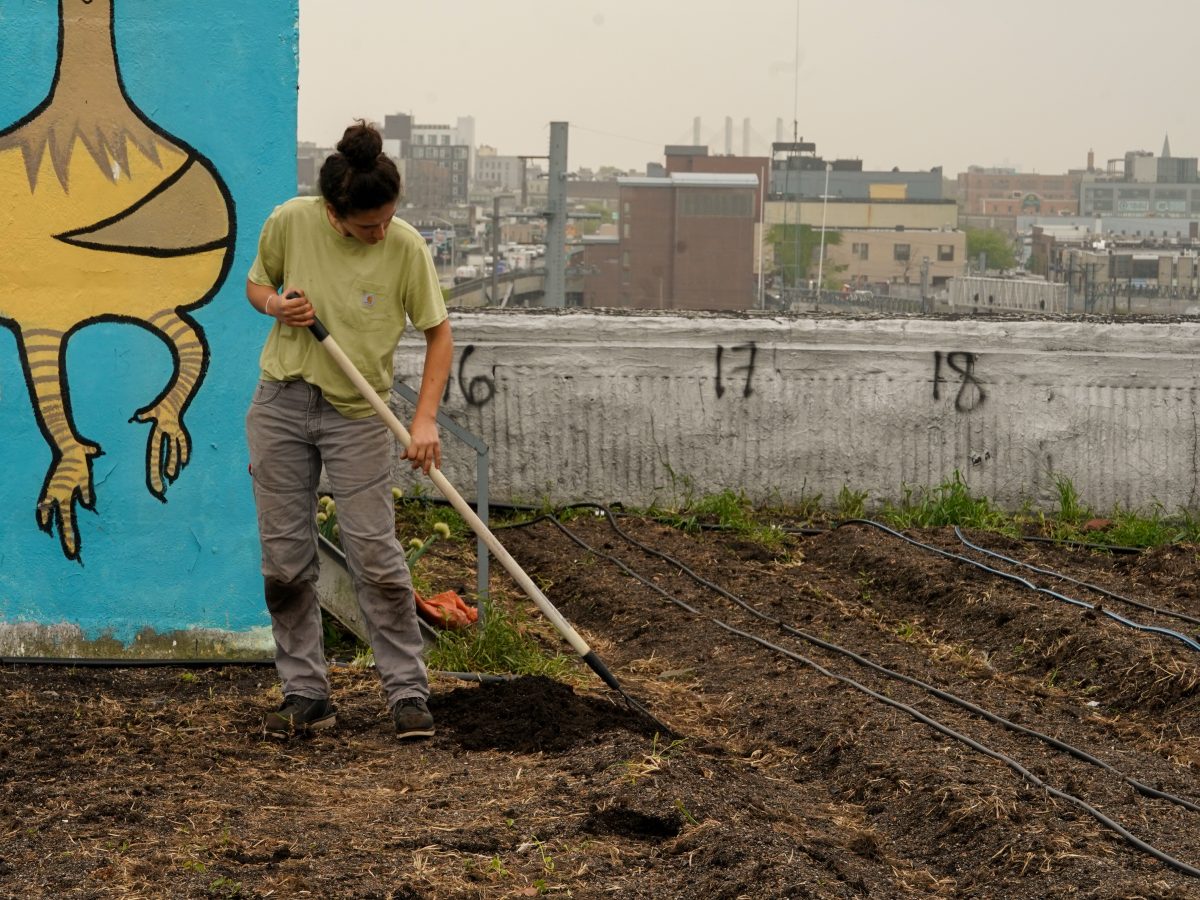



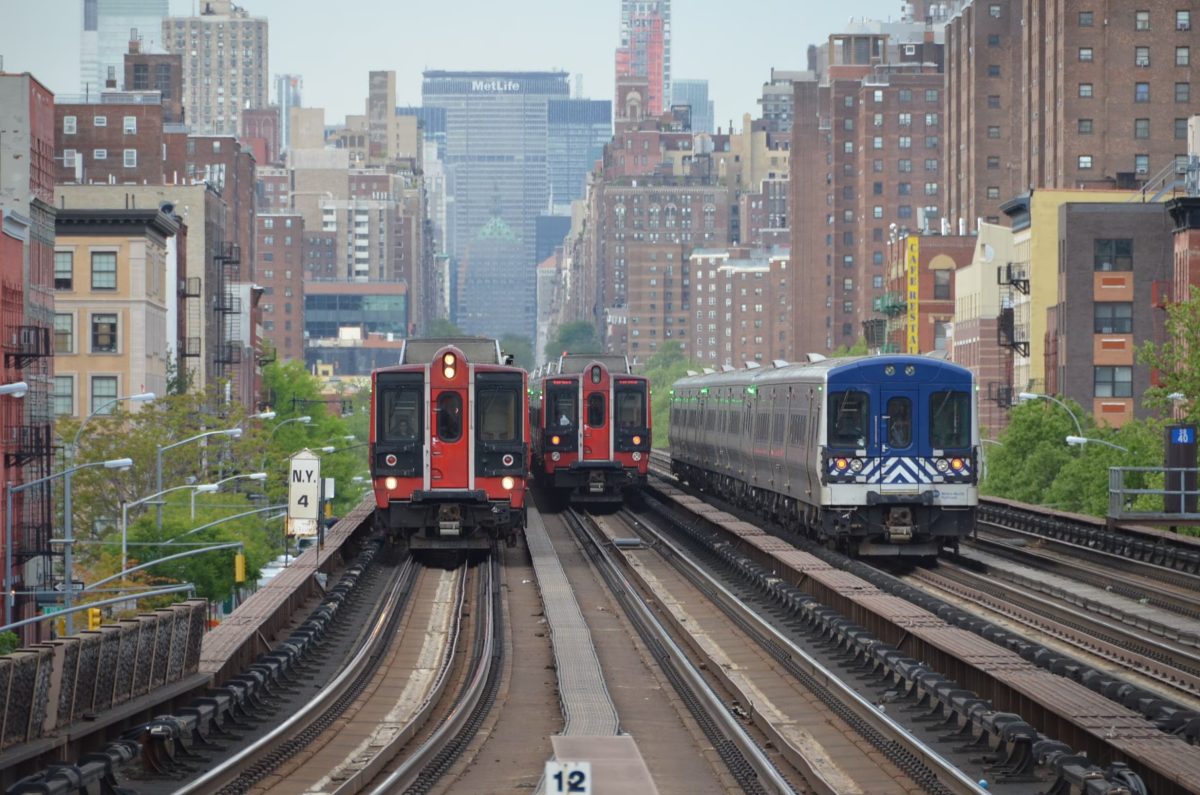
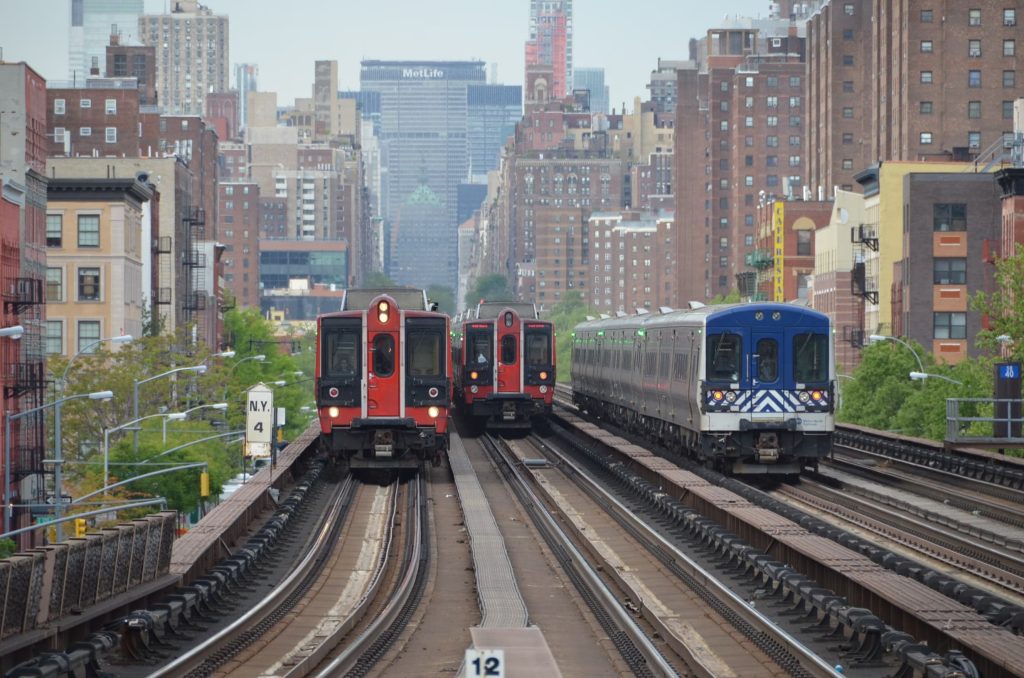
 Congestion pricing means higher tolls for commuters who travel daily to Manhattan below 60
Congestion pricing means higher tolls for commuters who travel daily to Manhattan below 60